Stories of ecological transition: Ebène l’Adelphe

1st lesson : when adults tell me everything is fine, I should probably worry


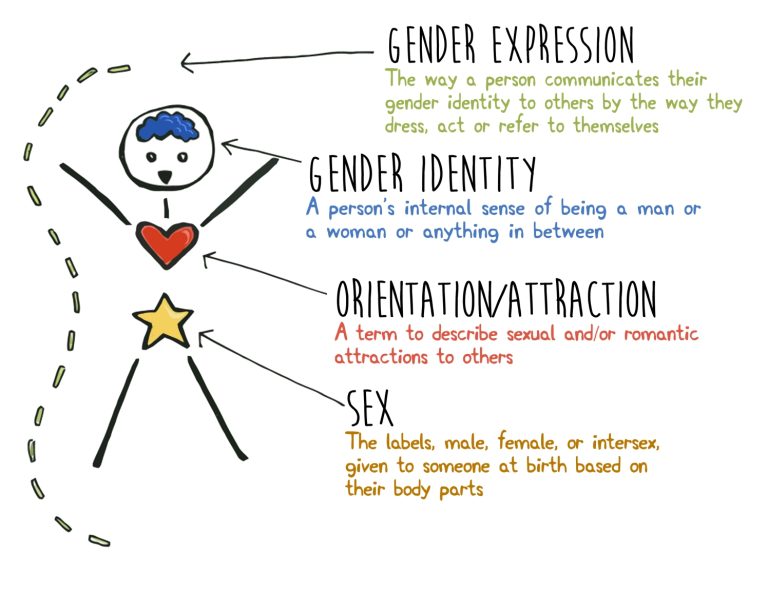
2nd Lesson: just "ecology" is white dude ecology
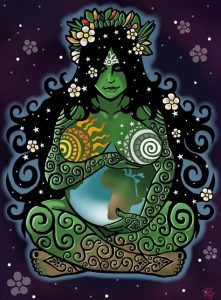


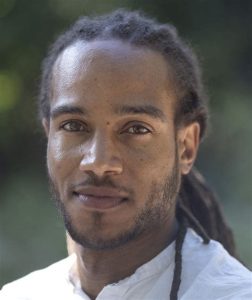
Well, about transportation, I am now in a dead end : I did my research about alternatives to the plane but it was not very successful. If you know reasonable options, please, let me know ! Reasonable means for my family : a travel mean over the summer vacations (1 month) and within 6000€ (ticket plane back and forth).
There you go. I had become a feminist and a radical socialist and ecologist. Those 3 fights were all important to me, and despite my belief that ecology embraced them all, I did not see the expected convergence in ecologist groups. Moreover, when I asked my activist peers what was ecology for them, many didn’t quite know, there was no consensus. I was quite disappointed about those people (I am not gonna lie, there were mostly white rich cis dudes) fighting for something they could not quite define. For me, ecology was about links between living beings, so if inter-human solidarity was dead, how could we claim to take care of our connection with the rest of the living?
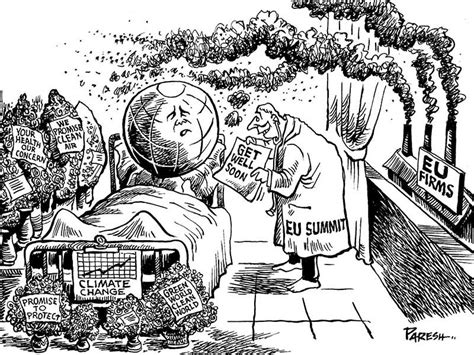
You're reading an article on Plurality.eco, a site dedicated to understanding the ecological crisis. All our articles are free, without advertising. To stay up to date with what we publish, enter your email address below.
3rd Lesson: Intersectional queer ecology, alias ecofeminism

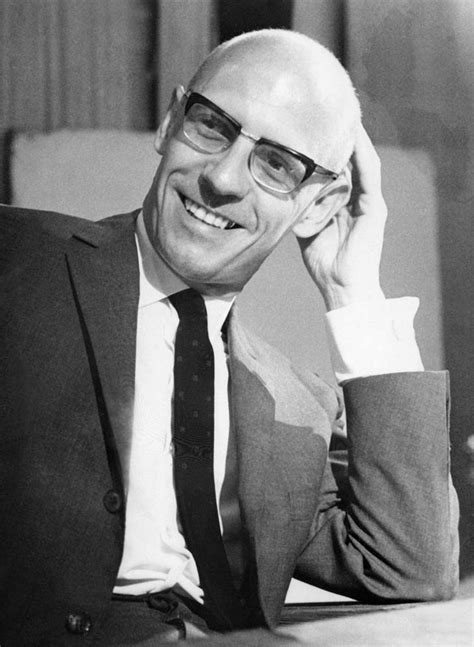
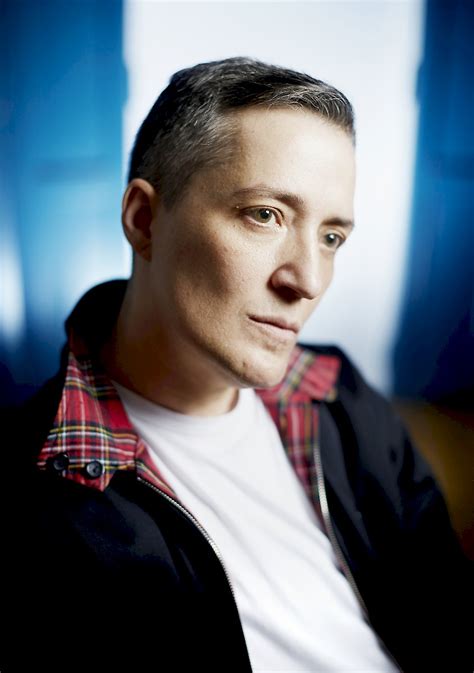
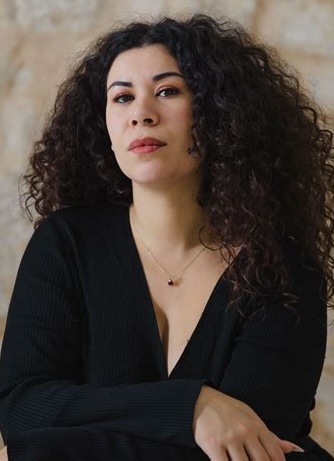
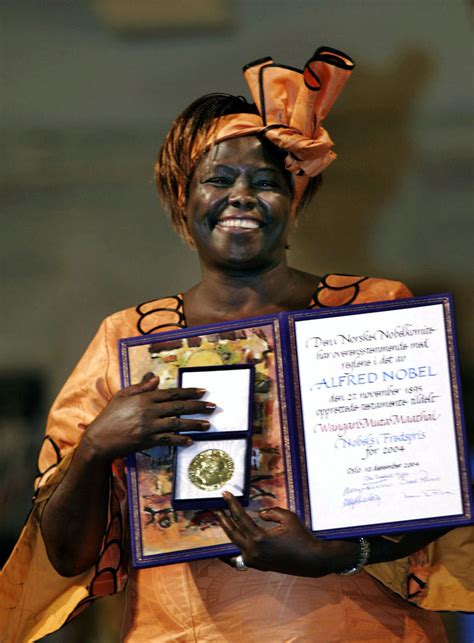
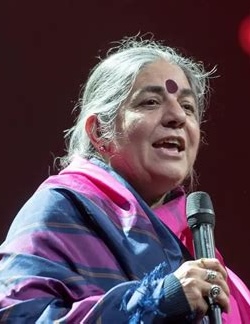

Bibliography
(1) Lefebvre, Olivier, Letter to Doubting Engineers, l’échappée, 2023.
(2) Preciado, b. Paul, Testo Junkie: Sex, Drugs, and Biopolitics, Points Feministe, Paris, 2021.
(3) Wittig, Monique, The Straight Mind, Boston, Beacon Press, 1992.
(4) Lovelock, James, Gaia: A New Look at Life on Earth, Oxford University Press, 2000.
(5) Singer, Peter, Animal Liberation: A New Ethics for Our Treatment of Animals (1975), Melbourne, Ecco Press, 2001.
Ricard, Matthieu, Advocacy for Animals, Allary edition, Paris, 2014.
(6) Ferdinand, Malcom, Decolonial Ecology: Thinking from the Caribbean World, Polity, Paris, 2022.
(7) Hoskin, R.A. Femmephobia: The Role of Anti-Femininity and Gender Policing in LGBTQ+ People’s Experiences of Discrimination. Sex Roles 81, 686–703, 2019.
(8) Herstory: oncept created/diffused first by the feminist journalist Morgan Robin
(9) Burgart Goutal, Jeanne, Being Ecofeminist – Theories and Practices, L’échappée, collection versus, 2020.
(10) Haraway, Donna, The Companion Species Manifesto: Dogs, People, and Significant Otherness, Prickly Paradigm Press, 2003.
(11) Preciado, b. Paul, Dysphoria Mundi, Grasset, Paris, 2023.
(12) La Poudre with Lauren Bastide Episode 126: Myriam Bahaffou
Conversations écoféministes, Karina Kochan, Léa Chancelier, Jasmine Marty, Capucine
Néotravail #20: Des Paillettes sur le Compost de Myriam Bahaffou – Les coups de ❤️ d’Hélène & Laetiti
Avis de Tempête S2 E5 – Pratiquer les éco-féminismes depuis les marges
Book : Bahaffou, Myriam, Des paillettes sur le compost : Ecoféminismes au quotidien [Glitter on the Compost: Everyday Ecofeminisms], Le passager clandestin, 2022.
(13) Hooks, Bell, Feminist theory : from margin to center, Cambridge, MA : South End Press, 1952.
(14) Website of the association https://www.labodesresistances.fr/
(15) Bayeck, R. Y, Positionality: The Interplay of Space, Context and Identity. International Journal of Qualitative Methods, 2022.
(16) Sartre and the Existentialism, Camus and The Rebel… yes, yes, I know their are cis-white-het men, but don’t you think I need to add a bit of traditional Frenchness to this article to make it readable ?
(17) Hache, Emilie, RECLAIM, Anthologie de textes écoféministes, Editions Cambourakis, 2016
(18) Neimanis, AstridA, Hydrofeminism : becoming a water body, https://philo.esaaix.fr/content/hydrofeminisme/hydrofeminisme.pdf
Our Stories of Ecological Transition series puts a spotlight on inspirational people who have changed not only who they are, but how they treat the world. They've done this with courage and strength, and their stories help us all to see the ways we could change, too.
All our articles are freely accessible because we believe that everyone needs to be able to access to a source of coherent and easy to understand information on the ecological crisis. This challenge that confronts us all will only be properly addressed when we understand what the problems are and where they come from.
If you've learned something today, please consider donating, to help us produce more great articles and share this knowledge with a wider audience.
Why plurality.eco?
Our environment is more than a resource to be exploited. Human beings are not the ‘masters of nature,’ and cannot think they are managers of everything around them. Plurality is about finding a wealth of ideas to help us cope with the ecological crisis which we have to confront now, and in the coming decades. We all need to understand what is at stake, and create new ways of being in the world, new dreams for ourselves, that recognise this uncertain future.
On social media
Need some help to get to the next stage of your ecological journey?
Copyright © Plurality.eco 2024

